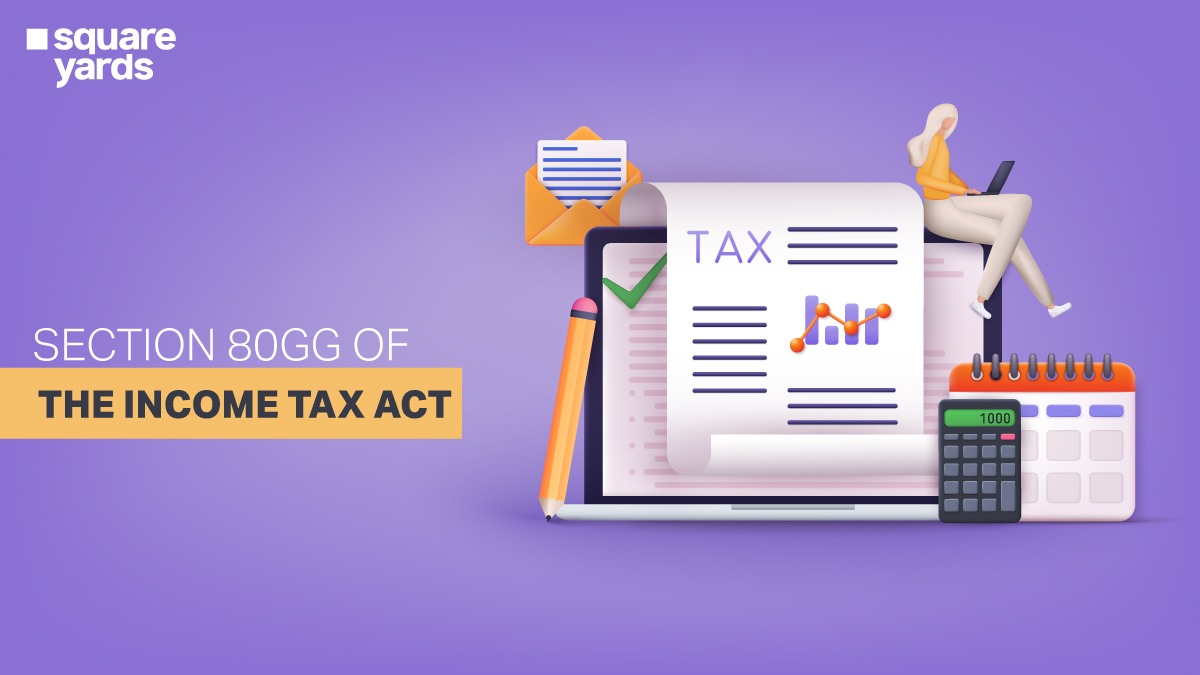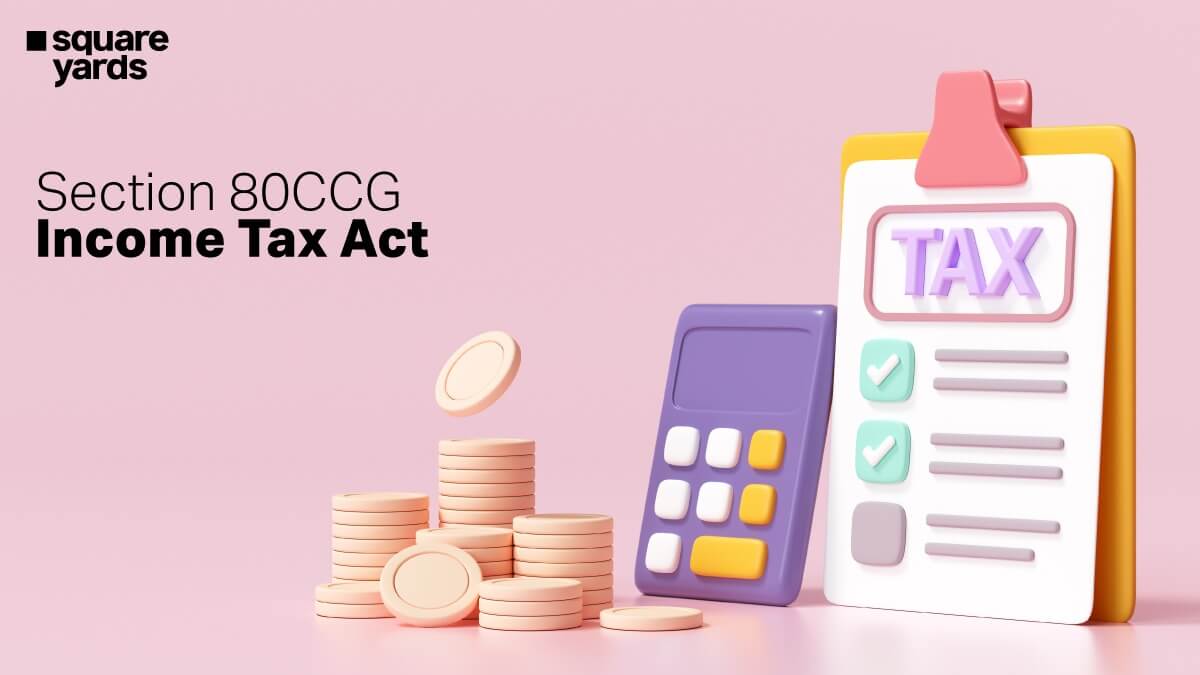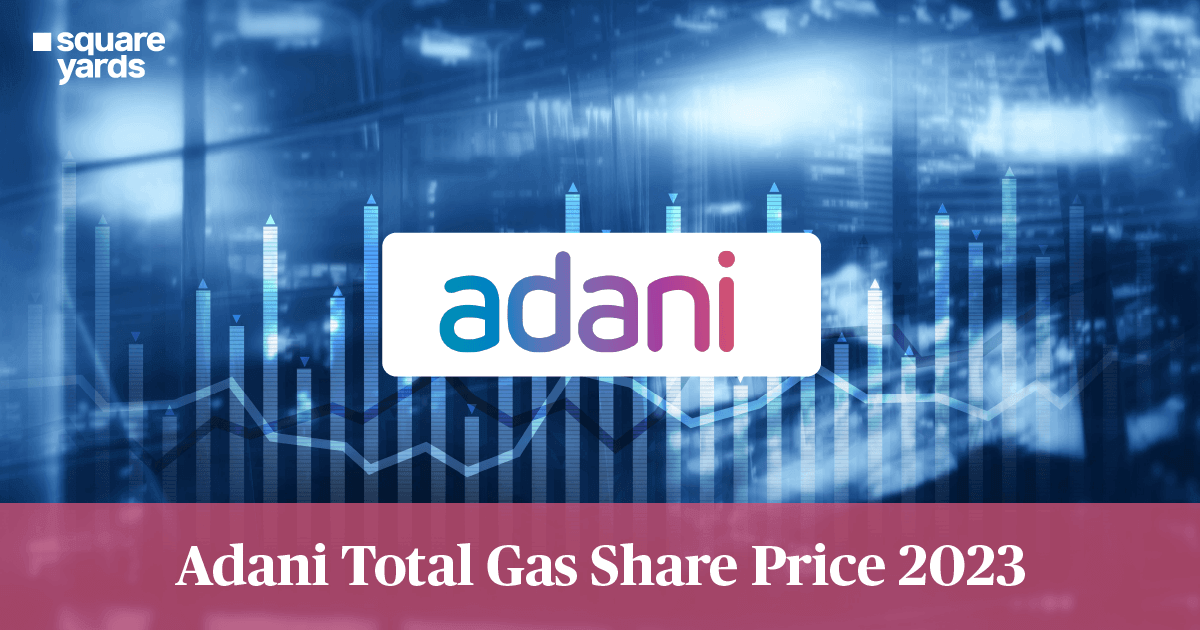Are you planning to invest in an IPO?
Does the thought of share markets leave you in disarray?
With the end of this year in the wings, it’s pretty safe to say that IPOs have caused a stir in the general public’s set of investment options. While the furore may entice you to join the clan of investors, it is advisable to first get a complete understanding of all that it is, before your investment leaves you in dire straits.
Put your curiosity to rest and read this guide to become an IPO pro!
2021 has witnessed a substantial (also, record-bearing) upswing of IPOs, and its roar is loud and clear. The way it has ascended the investment sector and surfaced as a trend of its own kind has lured even the millennials. Being accustomed to the tech aspects, trending whizz and coming across multiple brands that have gone public are some of the key factors to have contributed to the rise of keenness among a large number of people. And what’s the harm in participating in it when it has the potential to perk up the investment to a plenteous return? Absolutely none.
What is an IPO or Initial Public Offering?
Initial Public Offering, often referred to as IPO, is a process where a private company turns public by issuing shares. The issuance of shares to the public unfolds a potential for the company to reap capital as well as a plain-sailing stance for the general public to invest and enjoy returns on the investment.
It all starts with a private company burgeoning with its primary investors, stakeholders and funders. Once the company has pulled off the set target and the management has concluded that they will be able to tune in with the norms of the Securities And Exchange Board of India (SEBI), expand and emerge as a diverse entity with the money of the general public, the company makes a move into offering an IPO. The title of stakeholder is offered to the general public via shares.
Different Types of IPO
IPOs come in different forms and are directed by the type of price generation the underwriter or the company is opting for. Here are two major types of IPOs you must know about-
Fixed Price Offering
Fixed Price IPO is a practice wherein the company sets the initial issue price of the stocks. The company decides on any investor or buyer who pays this amount per share to get the required number of stocks. Those who decide to partake in this type of IPO must know that they have to pay the price of shares in full.
Book Building IPO
Book Building refers to the IPO in which the company finalises the price band of their upcoming IPO. In this case, the investors who are interested bid on the shares after which the final price is concluded. Investors have to disclose the number of shares they are interested in buying and the amount they are ready to pay.
The lowest price is known as the floor price whereas the cap price represents the highest one. The bidding is done between these two limits. The price is decided by the underwriter as well as the investors considering the stats and surveys commenced. After that, the bids come to the final number and the chosen investors are given the stocks
Reasons to Invest in an IPO
Here are a few common reasons why it’s a good idea to invest in an IPO –
- A chance to become a part of the company’s high-growth potential – As you invest in a company’s IPO, you get an entry pass to a highly profitable window in less time.
- A platform for long-term returns – Since IPOs are equity investments, they can seamlessly reward you with long-term profits that can contribute to turning your far-sighted dreams into reality.
- Transparency of price- As an investor, you will find the issued price per share mentioned in the IPO document which gives you clear knowledge.
- Small Investment- If you are investing in a small company, then you will be able to buy shares at the cheapest price and maximise your chances to earn higher in the future.
Why are Companies Going Public?
Issuing an IPO reaps multiple benefits for a company. The prime purpose behind this is to generate more capital and settle the score with its investors. They can also leverage this capital into funding their research, planning, development and other expenditures.
Another important benefit of an IPO is the publicity. Issuing an IPO will hike awareness about the company as well as draw better consumer attention to the products it offers.
Additionally, an IPO helps in raising awareness about the company’s portfolio to multiple investors. The shareholders are provided with a platform to invest and gain profitable returns based on the brand image in the market.
Eligibility Standards Required to Invest in an IPO
If you are an adult and eligible to partake in a legal contract, then you can easily apply for an IPO of a company. However, this is just an elementary norm to achieve eligibility.
There are certain non-negotiable standards that you need to match as an investor.
- It is necessary that the investors who are willing to buy a share in an IPO carry a PAN card.
- Individuals must have a valid demat (dematerialised) account.
- Since a demat account is enough to fulfil the requirements, investors do not need to have a trading account unless they decide to sell the stock on listings.
It is best for you to open a trading account along with your demat account when you move on to investing in an IPO as a beginner.
How to Apply for an IPO?
There are two ways to bid for an IPO- online and offline. Let’s get a better understanding on both below:
- Apply for an IPO offline: In the case of an offline method, the investors are required to furnish the mandatory physical form with required details and present it to the IPO broker or the banker.
- Apply for an IPO online: You can opt to apply for an IPO online by logging into the portal of your broker. In this method, the data will be directly gathered from your trading and demat account.
How Can I Track Upcoming IPOs?
Before you play the market, it is advisable to track the latest or forthcoming IPOs and be well-read on the a-to-z buzz they are creating. We have listed below the multiple routes via which you can find the upcoming Initial Public Offerings-
- Official stock exchange websites- You can go through the trusted and renowned stock exchange websites in order to dig deep into the updates about the impending IPOs. Over there, you will easily find a dedicated section of IPOs that feature information about the upcoming IPOs.
- Official pages of brokers / aggregators- Another way to look at this kind of information is the official website of brokers and aggregators, blogs, etc.
- Other renowned websites- You can also find the information through several known websites that provide verified updates from the business and finance sector.
Important Things to Remember While Investing in an IPO
Investing in an IPO can treat you to a bounteous outcome. However, you do not want to take this risk without examining the feasible outcomes –
Here are a few important things you should keep in mind before investing in an IPO –
- Do your homework- Explore and do the necessary fact-finding about the company, its story, financials and its standing in the future.
- Mind the locking period- Check and keep in mind the locking period. The locking period refers to a period of time during which you will not be allowed to sell/trade the stocks post initial investment.
- Strategise your investment- Always have an investment strategy before you get started with an IPO.
Triumphs and Flops- From Superhit IPOs to the Ones That Crashed in 2021
2021 was lucky for the Indian Share Market given the noteworthy total of IPOs listed. Most of the IPOs that were opened for bidding resulted in lucrative gains. But then, there were also the debacles like Paytm IPO (the biggest and most anticipated IPO of 2021) that set an example for both investors and the companies planning to launch their offerings.
It was good to see how IPOs paved their way in the world of fixed returns that are not always promising. Since NIFTY 50 and SENSEX also touched zeniths this year, it was incredibly inspiring for many who approached IPOs positively.
Zomato made an excellent debut with its INR 9,375 crore initial public offering and became one of the best performing IPOs of the year. The IPO was sold at an upper band worth INR 76/share between July 14 to July 16. Moreover, it was oversubscribed more than 38 times and gained bids of over INR 2 lakh crore
Another IPO that emerged as a stellar performer of the year was e-commerce venture Nykaa. The issue was priced between INR 1085 to INR 1125. Furthermore, Nykaa’s market capitalization crossed the 1 trillion mark, making it one of the top-performing companies on Bombay Stock Exchange (BSE).
Top 5 IPOs to Launch in 2022
We can totally relate to the excitement you must be cradling for the most watch-worthy IPOs of 2022. Guess what? A number of prominent companies from the world of business are pulling the curtains off their offerings in the impending years.
Here’s the list of the top 5 of IPOs to look out for in 2022 –
| Company | Issue Size |
| LIC | INR 80,000 to INR 1,00,000 Crores (tentative) |
| Ola | INR 15,000 Crores |
| HDB ( a subsidiary of HDFC bank) | INR 10,000 Crores |
| Pharmeasy | INR 6250 Crores |
| Byjus | INR 4500 Crores |
Conclusion
Initial Public Offerings are fruitful for companies as it allows them to expand their equity base and boost their capital value in the market. It also offers opportunities to investors to welcome financial inflows in the guise of ROI. However, make sure to have your eyes wide open and achieve a clear understanding of IPOs before you invest in the share market.














































